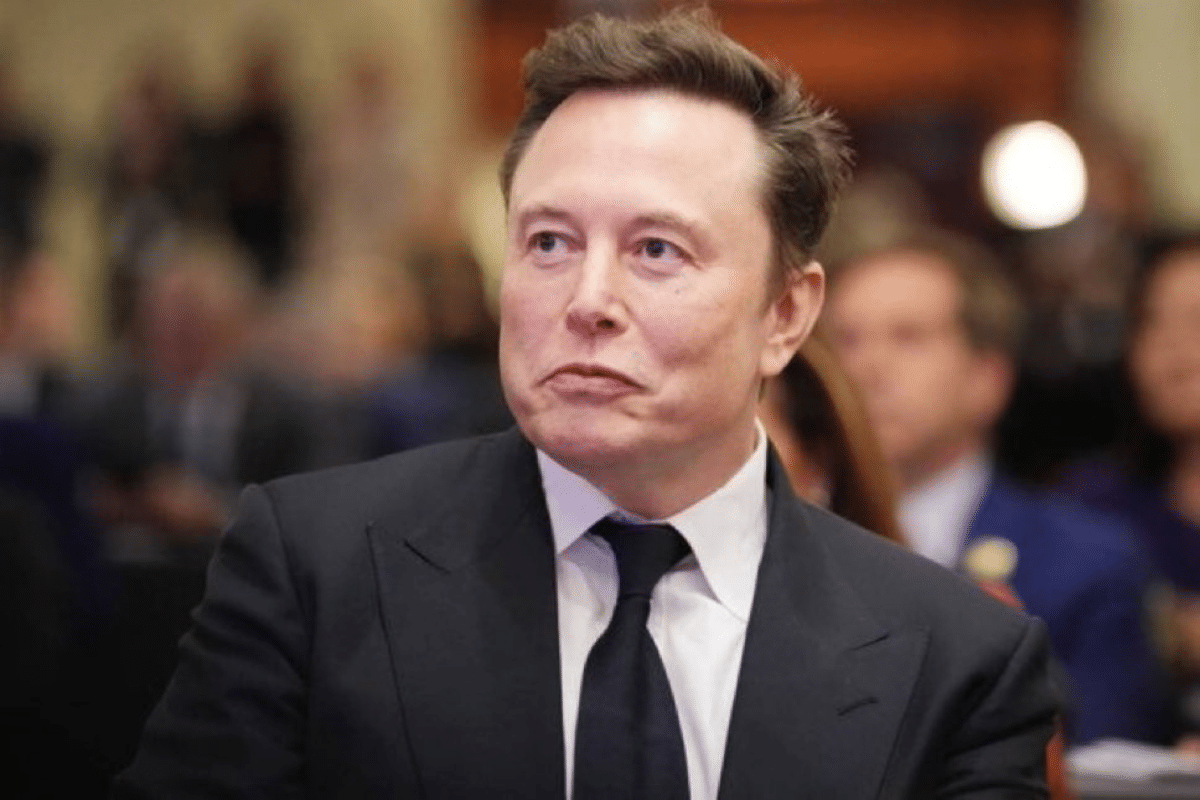France Proposes Bitcoin Reserve Bill To Buy 2% Of BTC Supply


Lawmakers have reportedly introduced a comprehensive crypto bill proposal in the French Parliament that could establish a national Bitcoin (BTC) reserve and boost the industry’s adoption in the country.
Strategic Bitcoin Reserve Proposal
On Tuesday, the Union of the Right for the Republic (UDR) party, led by Eric Ciotti, was set to introduce a pro-crypto bill in the French Parliament to address three key areas of France’s crypto ecosystem.
Gregory Raymond, co-founder of The Big Whale, shared the news on X, noting that this is the first time such comprehensive legislation has been introduced in the country. “This text contains several proposals that the sector has championed for many years, as well as other unprecedented ones,” he stated, noting that it follows the steps of US President Donald Trump, “whose commitment to this issue has helped attract a new electorate that few had previously courted.”
According to the post, the main policy proposed a French Strategic Bitcoin Reserve (SBR) with the creation of a Public Administrative Establishment (EPA) to diversify foreign exchange reserves and protect the country’s financial sovereignty by building a “national digital gold” reserve.
The EPA would be dedicated to holding and managing 2% of the total Bitcoin supply, or 420,000 BTC, within the next 7-8 years. Notably, the strategic reserve would be funded by public Bitcoin mining using surplus nuclear and hydroelectric power.
Additionally, the text proposed using systematic retention of BTC seized during legal proceedings, payments of taxes made in Bitcoin, and the allocation of “a quarter of the amounts collected through the Livret A and LDDS savings schemes” for daily BTC purchases on the secondary market to fund the strategic reserve.
Crypto Bill Tackles Stablecoins, Industry Support
The bill also encourages euro-denominated stablecoins, recognizing these digital assets as a credible alternative to traditional payment systems and proposing key regulations for the sector. Among the proposals, the text suggested a €200 daily cap for euro-pegged stablecoins, which would be exempt from taxation and social contributions. It would also authorize the use of euro-denominated stablecoins for paying taxes.
The policy reportedly aims to ease the Markets in Crypto-Assets Regulation (MiCA) to facilitate the issuance of stablecoins by European banks and companies, a topic recently discussed by the global watchdogs. At the same time, it seeks to oppose the euro-based Central Bank Digital Currency (CBDC) at the EU Council, which is considered to centralize and pose a threat to financial freedom.
Moreover, the proposed legislation also addresses energy and financial barriers, adapting electricity taxation for crypto mining by creating a progressive, dynamic excise duty based on price tiers, experimenting with flexible TURPE tariffs for flexible and adjustable consumer sites, and integrating Bitcoin and other crypto assets into the stock savings plan (PEA) via exchange-traded notes.
In his X post, Raymond explained that the proposed bill’s chances of passing are low, as it is an independent legislative proposal unrelated to the Finance Bill currently in the French parliament and was designed without the collaboration of other political parties. “It therefore has little chance of being adopted by the Parliamentary Bureau due to the UDR’s limited weight in the chamber (16 MPs out of 577),” he added.
Nonetheless, he affirmed that despite the extremely low probability of advancing, it demonstrates UDR’s “ambition to position itself as the party best able to defend the interests of the French crypto ecosystem.”

Bitcoin trades at $115,282 in the one-week chart. Source: BTCUSDT on TradingView
Featured Image from Unsplash.com, Chart from TradingView.com

Editorial Process for bitcoinist is centered on delivering thoroughly researched, accurate, and unbiased content. We uphold strict sourcing standards, and each page undergoes diligent review by our team of top technology experts and seasoned editors. This process ensures the integrity, relevance, and value of our content for our readers.




